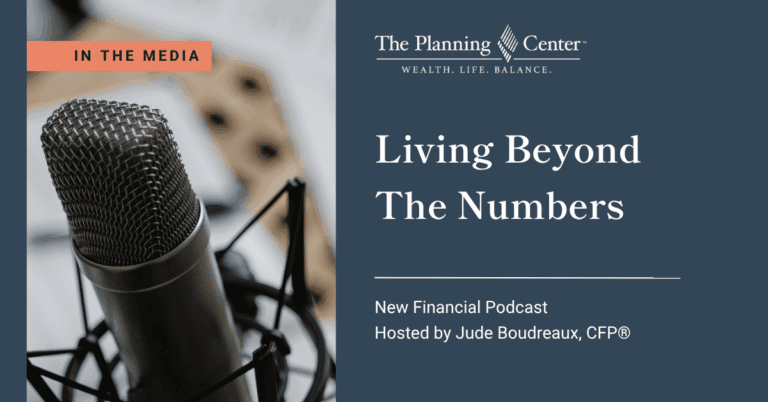Recently an online headline caught my attention. It read, “Why do professional golfers need caddies?”
 I clicked on it to read what Richard Fellner, the editor of Inside Golf Magazine, said in answer to this question. He summarized,
I clicked on it to read what Richard Fellner, the editor of Inside Golf Magazine, said in answer to this question. He summarized,
“The caddie is an extremely important resource for the professional golfer. Apart from carrying the clubs, cleaning them, etc., a typical caddie goes out prior to the tournament to walk the course, check yardages, identify ideal targets/landing spots, identify any “danger” areas to avoid, check the slope and breaks of the green, check weather patterns, prevailing wind direction, etc.”
They collect this information to help the player make informed decisions during the tournament, or to help a player strategically prepare for a round prior to teeing off.
Caddies also are there for moral/mental support and confidence.
If a player is indecisive about which club to hit, then the caddie can give him/her a few words of encouragement like “This is the right club” or “Trust the swing,” etc. Or, if a player is in contention to win—and the adrenaline is pumping hard—, the caddie can help the player to focus on the shot and not make any mental mistakes. Alternately, if a player is suffering through some negative emotions (i.e., from bad shots, missed putts, etc.), the caddie can help them try to stay positive, and perhaps even regain the confidence they may have had earlier in the game.
That last part is extremely critical, as many tournaments are won or lost by what happens inside a player’s head. Jack Nicklaus once said, “the most important six inches in golf are those that lie between the ears” ( i.e., your brain). A good caddie helps a player keep their mind focused and their emotions in check.
Of course, the player is the one swinging the club, but as golf is so much more than just hitting the ball a certain distance. The caddie is truly an integral part of the “team” and should be recognized for helping contribute to a player’s success.”
This got me thinking about how similar of a role I play as a financial planner.
Yes, at The Planning Center we do things like updating a balance sheet for our clients and taking care of investment portfolio stuff. We stay current on things like financial regulations and rules, inflation and mortality rates, expense ratios and turnover, and risks that may need to be eliminated by insurance protection. These things are all precursors to us having a great conversation with a client and, most importantly, allowing them to make financial decisions.
Yes, we are there to provide moral/mental support and confidence too. It is hard to make all of these difficult financial decisions alone. We can be there to say that “Yes, buying this house is doable” or “Yes, this is the account your retirement income should come from”, or “No, this purchase would jeopardize your financial security.” When life gets off track and someone hits a ball into the trees, we can help individuals get out of trouble and back on track in the fairway. Life can often throw tough transitions our way like losing a job, or a spouse, or a parent. We can help them stabilize and become comfortable with what will become the new status quo.
Ah, yes, and then there is the lovely all-too-human and emotional brain. It, too, gives us fits about our money. It says things like, “Do I have enough money? I just lost money! Am I paying too much money? I can’t afford that!” We try to keep clients focused on their goals, and help them keep the emotions that will detract from those goals in check.
Of course, this is the client’s life and money we are talking about here. Nonetheless, the financial planner’s integral role in how successfully our clients achieve their goals is there and should be recognized. After all, like you, we enjoy being part of a winning team!
Matt Sivertsen, CFP® is a Partner/Sr. Financial Planner in the Quad Cities office of The Planning Center, a fee-only financial planning and wealth management firm.
Email him at: matt@theplanningcenter.com.







